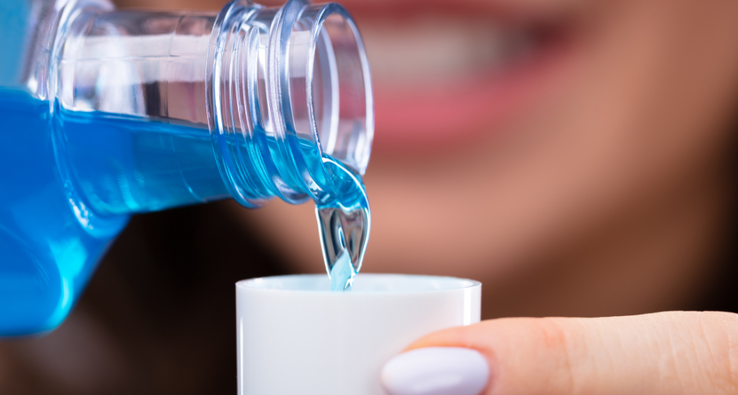Oral Health, the Whole Tooth

Maintaining a healthy oral hygiene routine is crucial to your overall health and wellbeing, but what's the actual best way to do this?
The key to a great smile for the rest of your life is to maintain a good routine or oral hygiene at home and to attend regular check-ups and cleans with the dentist every 6 - 12 months.
Your at-home routine should look something like this:
- Regularly cleaning between your teeth (flossing) is the FIRST step to take. Yes, you should floss BEFORE you brush!
- Follow flossing by brushing your teeth with a SOFT toothbrush and fluoride toothpaste.
- Angle your brush at 45 degrees, half on your gum and half on your tooth, in a slow, soft and circular motion.
- Spend at least 2 minutes brushing, morning and night to get the best results from brushing.
- Avoid rinsing your mouth with water after brushing. Spit out the excess toothpaste and leave the rest to seep into your enamel.
- Avoid eating, drinking or rinsing for 30 minutes after brushing.

Other Tips and Tricks
Wait to Brush!
You should wait to brush your teeth for 30 minutes after eating to avoid causing damage to the enamel from any residue left over by foods in your diet.
Regular Professional Cleans are a Must!
Regular cleans or scales at the dentist clean away the hardened plaque known as calculus or tarter that you cannot remove at home. If is essential to have this cleaned regularly at the dentist to decrease the risk of developing caries as well as maintain gum and surrounding bone health in your mouth.
Mouthwash
Many people use mouth rinse (or mouthwash) as a regular part of their oral hygiene routine. Although this can be beneficial if used after lunch when you wouldn't normally brush your teeth, mouthwash does not replace flossing and brushing daily. It is only beneficial if used in conjunction with this at times when you are generally not brushing and flossing.
If you are using a mouth rinse, choose a non-alcohol-based mouthwash or simply use salty water. Alcohol-based mouthwash can dehydrate, which can cause damage to the health of your teeth.
Antiseptic mouthwashes are chlorhexidine based and are recommended for people suffering from inflammation/infection of the gums. Please consult with your dentist before using these types of mouthwashes.
Flossing Tips
To improve your flossing habits, start just a couple of times a week, slowly increasing the frequency of how often you floss. Generally, once daily is ideal.
Diet Matters
Maintain a healthy and balanced diet. Monitor intake of acidic food and drinks and limit accordingly or substitute. For example, instead of drinking fruit juice or soft drinks every day, cut it down to three times a week or once daily instead of multiple times a day. Switch out with water. Popular acidic foods include citrus fruits, tomatoes etc. Seek GP advice if you suffer from acid reflux. Always rinse your mouth out with water after eating or drinking acidic foods and drinks.